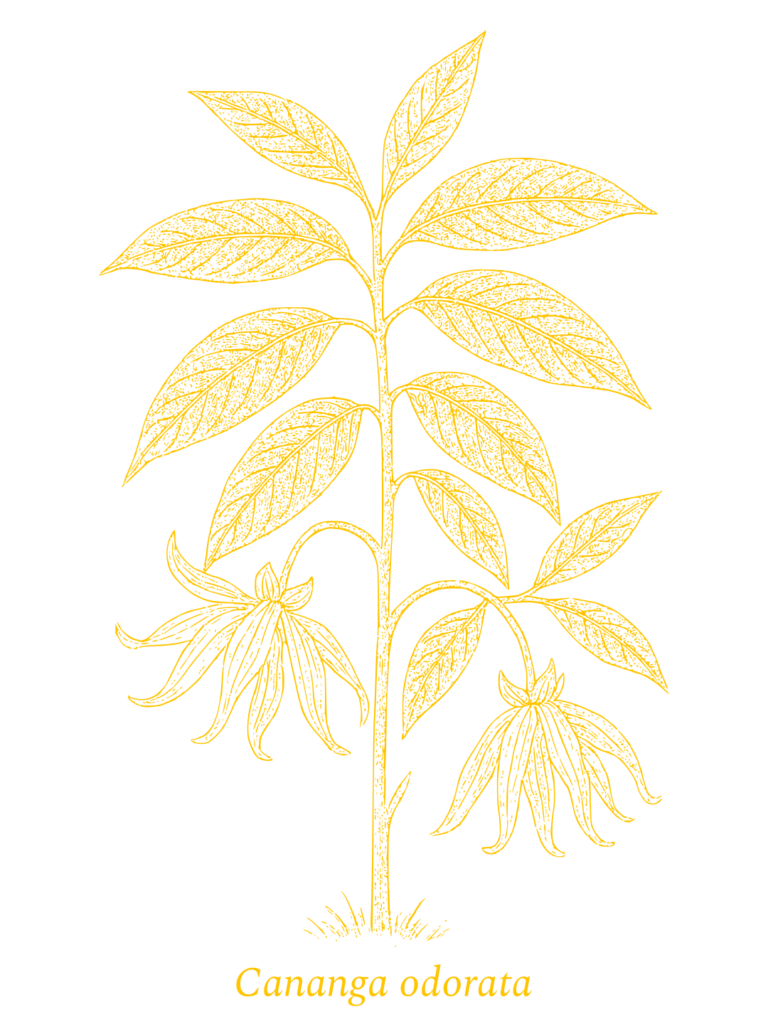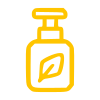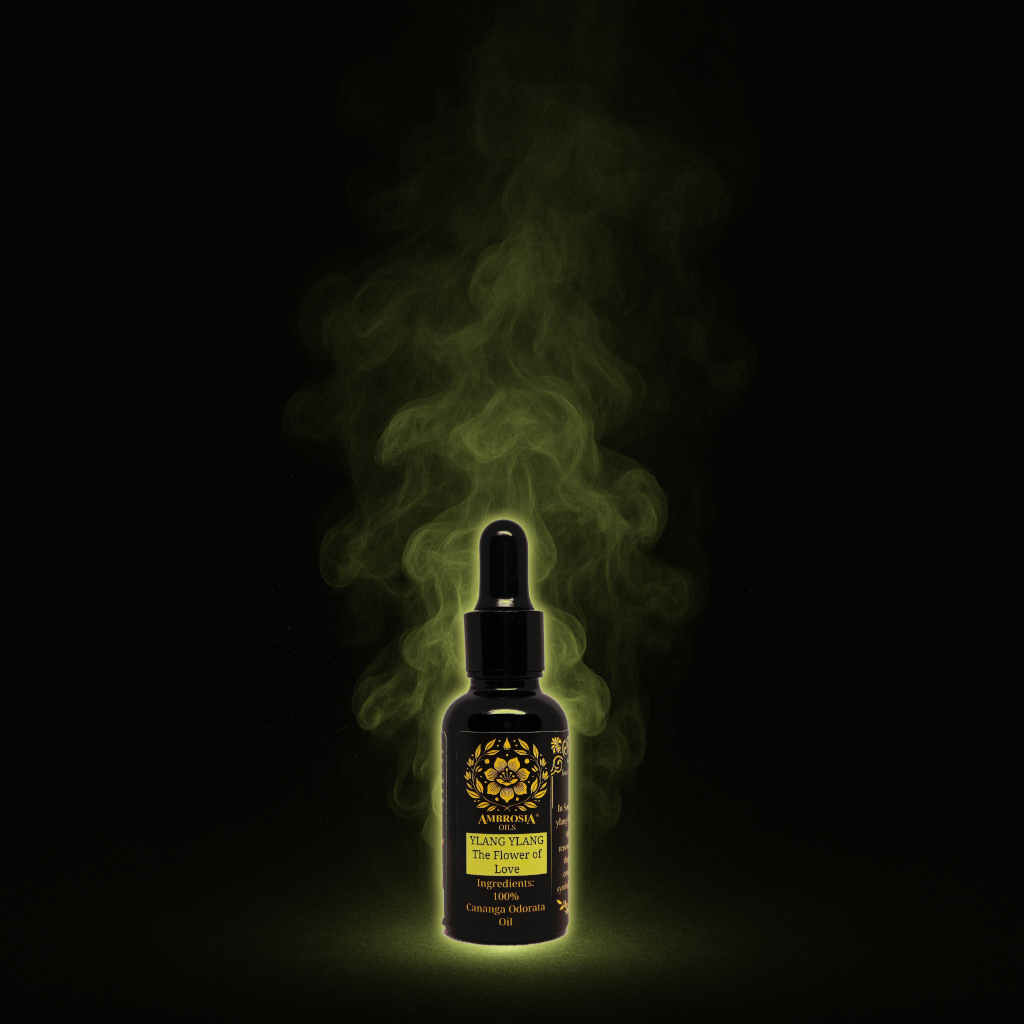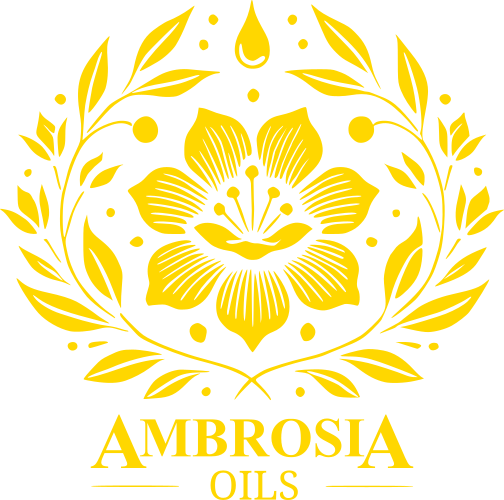
Scent Profile


Use Cases

&
Beauty

&
Spirituality

Ylang Ylang, known scientifically as Cananga odorata, is a tropical tree native to Southeast Asia and the Pacific Islands. The tree is renowned for its beautifully fragrant flowers, which are star-shaped and come in shades of yellow, pink, or mauve. The name “Ylang Ylang” means “flower of flowers,” reflecting its luxurious and captivating scent.
This exotic plant thrives in warm, humid climates and has been treasured for centuries for its fragrant and therapeutic properties. Today, Ylang Ylang is widely used in perfumery, aromatherapy, and skincare products, thanks to its ability to promote relaxation and enhance mood.
The History of Ylang Ylang
Ylang Ylang has a rich history intertwined with culture and tradition. Indigenous to the Philippines, Indonesia, and other tropical regions, the flowers were historically used in traditional rituals, religious ceremonies, and beauty treatments.
In the Philippines, Ylang Ylang flowers were traditionally scattered over newlyweds’ beds as a symbol of love and harmony. In Indonesia, the oil extracted from the flowers has been used in folk medicine for its calming and antiseptic properties.
During the 19th century, the French perfume industry discovered the allure of Ylang Ylang’s aroma, integrating it into their creations. It became a key ingredient in many iconic fragrances, most notably Chanel No. 5, elevating its status as a luxurious and sought-after component in perfumery.

Ylang Ylang Essential Oil
Ylang Ylang essential oil is derived through steam distillation of the fresh flowers. The process typically involves fractional distillation, producing several grades of oil. The first distillation, known as Ylang Ylang Extra, is the most potent and highly prized for its intense floral scent. Subsequent distillations yield slightly less fragrant oils, often used in cosmetic and industrial applications.
The oil has a rich, sweet, and floral aroma with subtle fruity undertones, making it a favorite among perfumers and aromatherapists. Its complex fragrance profile makes it a versatile oil, blending well with citrus, floral, and woody notes.
Properties of Ylang Ylang
Ylang Ylang essential oil is known for a wide range of properties, including:
- Relaxation: It has calming and stress-relieving effects, making it ideal for reducing anxiety and promoting a sense of peace.
- Mood Enhancement: The uplifting aroma can help combat feelings of sadness or fatigue.
- Aphrodisiac: Ylang Ylang is traditionally used to enhance sensuality and intimacy.
- Skin Health: Its antiseptic and soothing qualities make it beneficial for balancing oily skin and promoting a healthy complexion.
- Hair Care: Ylang Ylang is often added to hair products for its nourishing and strengthening properties.
How Ylang Ylang Works
The therapeutic effects of Ylang Ylang essential oil are attributed to its unique chemical composition, which includes compounds like linalool, geranyl acetate, and benzyl benzoate. These compounds interact with the olfactory system and nervous system, influencing mood, stress levels, and overall well-being.
- For Relaxation and Stress Relief: When inhaled, Ylang Ylang’s aroma stimulates the limbic system, which regulates emotions. This helps reduce cortisol levels, the body’s stress hormone, and promotes relaxation.
- For Skincare: Applied topically (diluted with a carrier oil), Ylang Ylang balances sebum production, making it suitable for both oily and dry skin types.
- For Hair Care: Massaging diluted Ylang Ylang oil into the scalp stimulates blood circulation, promoting hair growth and reducing dryness or breakage.
- As an Aphrodisiac: Its romantic and exotic scent can enhance mood and create a sensual atmosphere, making it popular for use in massage oils or diffusers.
Conclusion
Ylang Ylang is more than just a beautiful flower with an alluring fragrance. Its essential oil offers a myriad of benefits, from promoting relaxation and improving mood to enhancing skin and hair health. Whether used in aromatherapy, skincare, or simply to fill a room with its intoxicating aroma, Ylang Ylang remains a cherished gift from nature with a timeless appeal.
